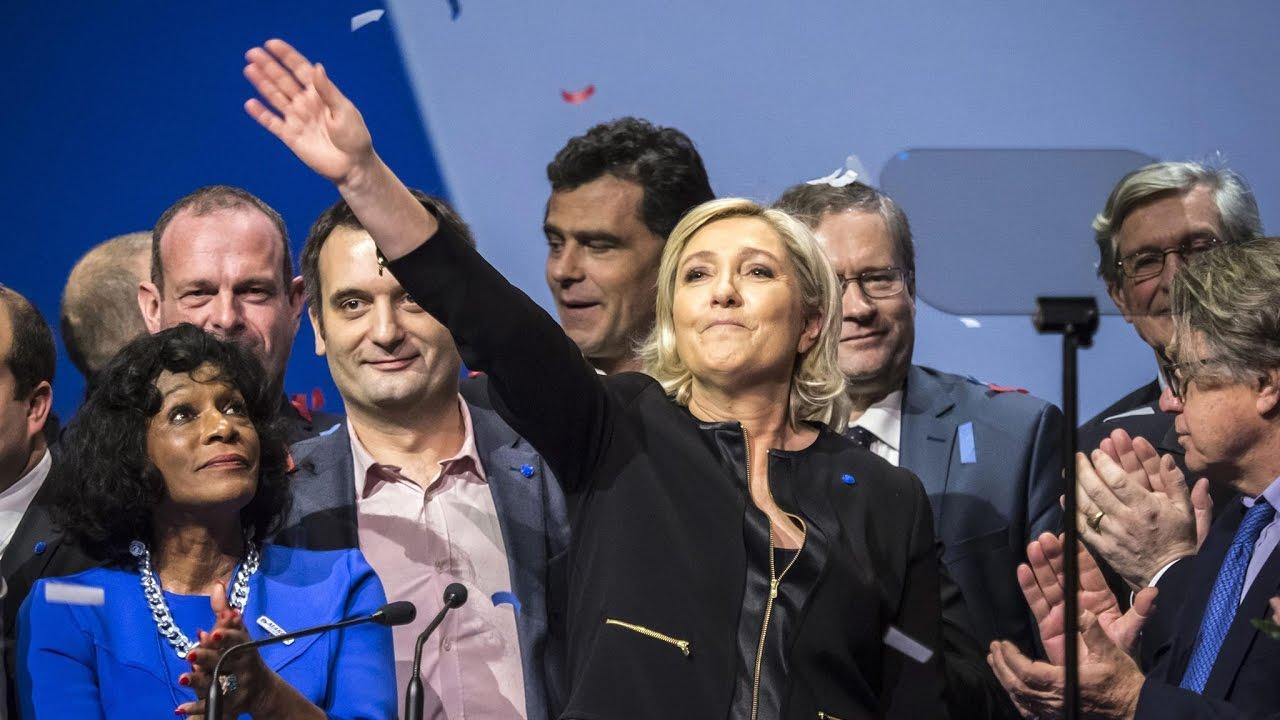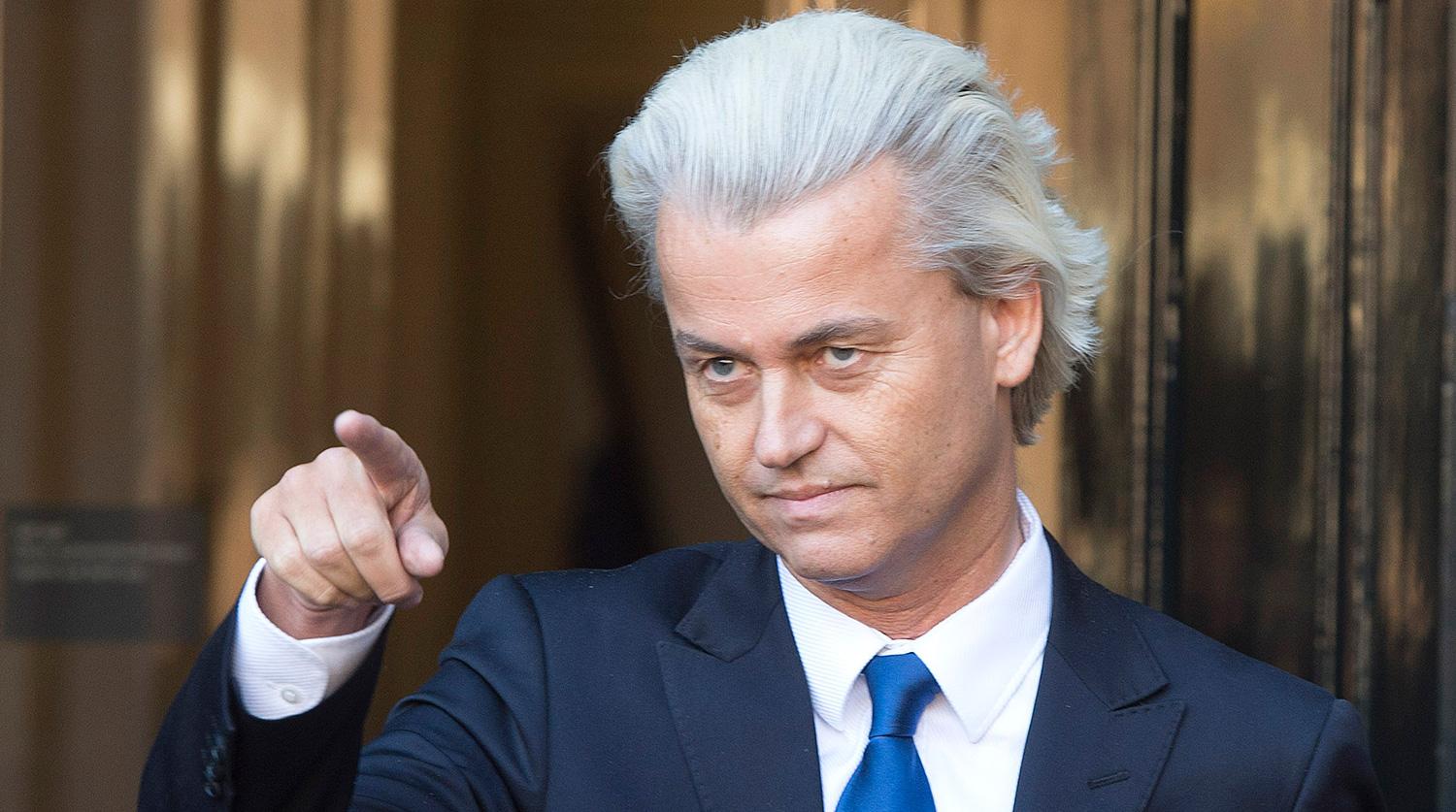How European parties win on populism and govern as business as usual? Right-wing mirage
After the left-wing parties in Europe gradually abandoned the principles that had ensured their triumphant rise in the twentieth century, they began to disappear from the political map of the Old World. Swedish, French, German, Dutch, Spanish workers and the middle class saw no point in voting for the Social Democrats, who pursue market reforms even more vigorously than the Conservatives and Christian Democrats, ignore the problems of the socially vulnerable segments of society, and devote all their energy to endless discussions about the protection of sexual minorities. This issue is not a priority for the majority of Europeans, who suffer from inflation, the transfer of production outside Europe, the commercialisation of public services and the displacement of skilled, high-paid labour by low-paid temporary employment.
"Today we have to pay for visits to hospitals, polyclinics, educational institutions, although their fees are already included in our taxes!" the famous Italian ballet master Odoardo Bordoni indignantly remarked.
The wave of public discontent in Europe in recent years has seen the triumphant march of right-wing and far-right parties that denounce the unelected Eurobureaucracy, which pursues policies in the interests of banks and transnational corporations, oppose globalisation, and demand that borders be closed to foreign migration. The slogans "France above all!", "Italy above all!", "Germany above all!" create the illusion that finally there are people who will prioritise the interests of Germans and French people over the interests of bankers living abroad. Thus, the French "Rassemblement Nationale" positions itself as the only party in the country that defends the interests of the "ordinary Frenchman", the unemployed or the poor. This social demagoguery achieves a certain result: for example, 40 per cent of Rassemblement National voters are lower middle class, 30 per cent are workers and 20 per cent are farmers. Only 11 per cent of the French Right's voters are high-income earners.
But practice shows that once in power, the right-wing is in no hurry to revolt against the "system" and go beyond the flags. In 2022, the Brothers of Italy party, led by Giorgia Meloni (the first female prime minister in the country's history), succeeded in parliamentary elections and formed the most right-wing government in Italy since World War II. During the election campaign, the Brothers of Italy party positioned itself as an association of Eurosceptics, but after Giorgia Meloni's victory, it literally did not part with the head of the European Commission, Ursula von der Leyen. Observers note that since becoming prime minister, Meloni has not missed a moment to avoid uttering the word "responsibility." But responsibility, most likely, to European structures, not to her constituents.
Since coming to power, the right wing has cancelled a whole range of benefits and subsidies, pushing some 3.1 million Italians below the poverty line. For example, last year the "unconditional income" programme, which was received by about 170,000 families, was cancelled. People received information about it through SMS messages, which caused discontent and even riots in Naples. In international politics, Italy started a trade war with China and adopted a tough policy regarding the fighting in Ukraine. Euroscepticism was replaced by friendship with the EU's staunchest Atlanticist supporters. "Brothers of Italy" even forgot about the sacred cow of the European far-right - the fight against migration from the Third World. Before coming to power, Meloni promised to impose a "sea blockade" of the Libyan coast, but according to the country's Interior Ministry, in 2023 more than 150,000 refugees landed on the Italian coast, which is one and a half times more than in 2022, and two and a half times more than in 2021. Moreover, Giorgi Meloni was forced to publicly admit that due to the ageing population, the state needs an influx of labour from abroad, and in 2023 the far-right government even increased quotas for foreign workers.

In France, Marine Le Pen's protégé, the leader of the far-right National Rally party, Jordan Bardella, was in favour of lowering taxes for the middle class, but in the end, during a recent vote in parliament, he and his faction opposed raising taxes on excess profits. It is clear that such a vote is primarily against the interests of the middle classes, who will have to pay the taxes from which billionaires will be exempted. But the National Union seems to be the masters of their word: they give what they want and take it away.

In the Netherlands, the right-wing Freedom Party went to the polls in 2019 under the slogan Nexit, a reference to Britain's Brexit, the organisation of a referendum on leaving the EU. Its leader Geert Wilders called for accepting fewer refugees in the country, reducing contributions to the European Union budget, and scrapping paragraphs of environmental legislation that put a cap on industrial development. In November 2023, the Freedom Party won the Dutch parliamentary elections, winning 37 of the 150 seats in parliament. But not even a year after the victory, calls for a referendum on leaving the EU faded, and the Freedom Party's party documents included a clause calling for "working hard to change the EU from within." The slogan of "abandoning the euro" and switching to the guilder was also safely forgotten.
Thierry Baudet, leader of another Dutch far-right party, Forum for Democracy, noted with chagrin: "The PS election programme does not mention Nexit once more," he said on Twitter. - This is another idea that has been sent "to the fridge". The Forum for Democracy really wants to leave the EU and has introduced [in parliament] a bill to hold a referendum on this. And we are counting on the support of Geert Wilders."
The discrepancy between words and deeds is typical not only of Western European Eurosceptics. For example, Slovak Prime Minister Robert Fitzo said on the eve of the elections that his country would stop providing military aid to Kyiv. Of course, after the government was formed, it turned out that Bratislava would not restrict "private arms suppliers" and that service centres in Slovakia would continue to repair damaged Ukrainian equipment.

Even the infamous "Alternative for Germany" in the economic component of its programme is a typical right-wing party, advocating privatisation, lifting restrictions on the "free market" and lowering taxes on big business. However, this information is, as they say, "written in small letters in an annexe to the treaty". At election rallies and in YouTube videos, the leaders of the German right prefer to talk about leaving the eurozone, expelling migrants and supporting local businesses.
Right-wing radicals have been able to blame immigration and the EU leadership for the problems causing widespread discontent: unemployment, inflation, housing shortages, and difficulties in accessing public services. But as the facts show, once in power, Eurosceptics immediately forget their loud populist slogans and try hard to emphasise their respectability and integrate into the establishment. In economic terms, their actions are no different from the policies of the traditional right.
The Russian-language European press stresses that the Brothers of Italy call for support for domestic producers, lower taxes and more frugal social assistance programmes; similar language can be found in the programmes of the National Union, the Sweden Democrats or Poland's Law and Justice. Even the fight against migration is more about tightening generalised policing, but not about banning migration altogether. After all, labour is a commodity and its movement worldwide is an integral part of the market and capitalist economy.
The views and opinions expressed by guest columnists in their op-eds may differ from and do not necessarily reflect the views of the editorial staff.








